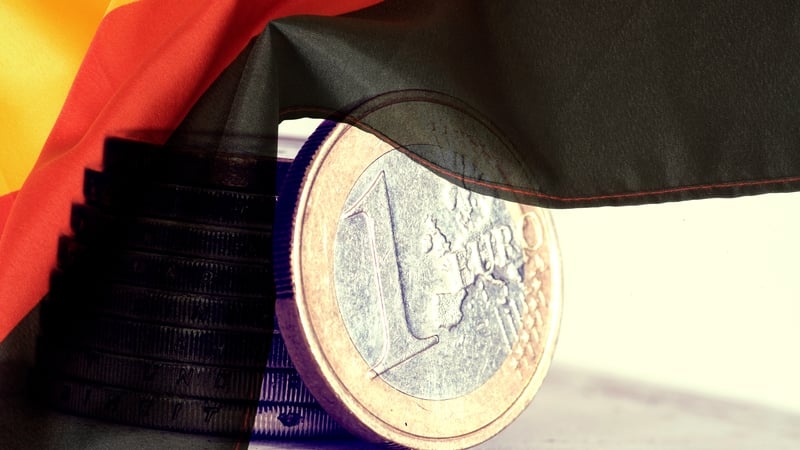The euro nudged higher today after Germany’s opposition conservatives won the national election as expected, while the dollar trod water amid worries over the growth outlook for the US economy.
Friedrich Merz was set to become Germany’s next chancellor after his party emerged victorious in Sunday’s election, though he faces complex and lengthy coalition negotiations after the far-right Alternative for Germany (AfD) surged to a historic second place in a fractured vote.
The euro touched a one-month high of $1.0528 in Asian trade, but then pared some of the gains and was last up 0.1% at $1.046975.
“Because the German election didn’t provide too many surprises, it’s not that surprising that euro/dollar is trading back to the levels it was trading in on Friday afternoon,” said Jane Foley, head of FX strategy at Rabobank.
The common currency was up 0.39% against the Japanese yen at 156.57 yen, and up 0.1% against the pound with one euro at 82.90 pence.
Investors are now focused on how quickly Merz’s party can form a coalition government and enact reforms to help revive a stagnant economy.
“The period of coalition talks starts now and we could see some residual euro sensitivity to the topic, especially for everything concerning the debt rule,” said Francesco Pesole, forex strategist at ING.
Markets are watching to see if Germany will loosen its constitutinally enshrined ‘debt brake’ rule that limits the budget deficit to just 0.35% of national output.
The issue has become more pressing amid the threat of US tariffs that could further harm the German economy and given the Trump administration’s demands that NATO’s European members, including Germany, spend much more on defence.
Merz has vowed to help give Europe “real independence” from the US.
“How Merz handles himself, not just as a leader of Germany, but as a leader of Europe’s largest economy and as a leader within Europe, it could be quite instrumental with setting the tone for the euro over the next few months,” said Rabobank’s Jane Foley.
In the broader market, the dollar touched its lowest in more than two months ahead of a busy week packed with US economic data and speeches from various Federal Reserve officials.
Sterling pushed to a two-month high of $1.2690 due to the weaker greenback, while the yen similarly peaked at 148.85 per dollar, its strongest level since early December, but the Japanese currency was last weaker at 149.49 per dollar.
Against a basket of currencies, the dollar was last broadly unchanged at 106.58, after touching a more than two-month low of 106.12.
The greenback has slid more than 3% from its January peak as traders reasoned the start of Donald Trump’s second term has been mostly bluster on tariffs, leaving little appetite for them to load up on fresh dollar holdings.
Data on Friday showed US business activity nearly stalled in February – the latest in a string of surveys to suggest that businesses and consumers were becoming increasingly rattled by the Trump administration’s policies.
Later this week, investors will get the second estimate of fourth quarter growth figures in the US and January’s core PCE price index data.




